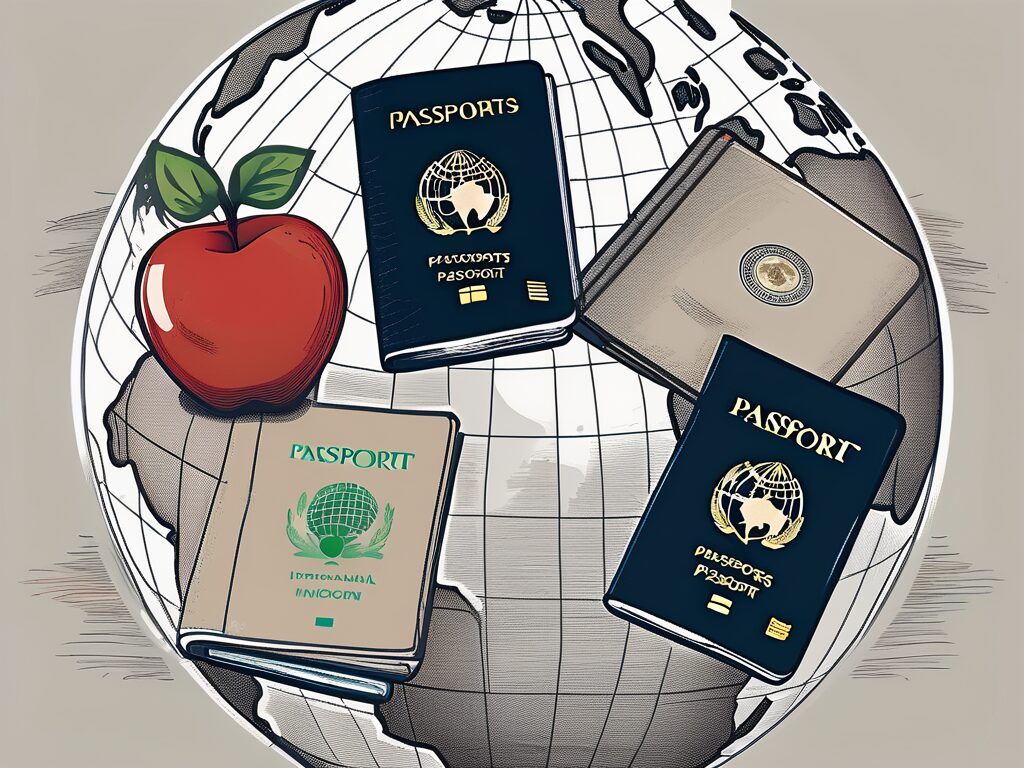Is it Safe to Live and Work in Thailand?
Thailand, known for its rich culture, stunning landscapes, and warm hospitality, is an attractive destination for many aspiring international educators. But is it safe to live and work in Thailand? In this article, we will explore the safety aspects, opportunities, and challenges of living and working in this vibrant country, providing valuable insights for those considering this exciting journey.
Why is it Important for Aspiring International Teachers?
Thailand offers a growing job market for international educators, with numerous international schools and language centers seeking qualified teachers. The demand for English teachers, in particular, is high, providing ample opportunities for career growth. According to recent data, the education sector in Thailand is expanding, making it a promising destination for educators looking to gain international experience.
Key Skills or Qualifications Required
To teach in Thailand, aspiring educators typically need a bachelor’s degree and a TEFL (Teaching English as a Foreign Language) certification. Some international schools may require additional qualifications, such as a teaching license or a degree in education. Proficiency in English and cultural adaptability are also essential skills for success in this diverse environment.
Steps to Get Started
1. Obtain a TEFL certification: This is often the minimum requirement for teaching English in Thailand.
2. Research job opportunities: Explore job boards, recruitment agencies, and school websites to find suitable positions.
3. Prepare your application: Tailor your resume and cover letter to highlight relevant experience and skills.
4. Apply for a visa: Ensure you have the correct visa to work legally in Thailand.
5. Embrace cultural training: Familiarize yourself with Thai culture and customs to ease your transition.
Challenges and How to Overcome Them
Living and working in Thailand can present challenges such as language barriers, cultural differences, and adapting to a new education system. To overcome these, consider the following tips:
- Learn basic Thai phrases to communicate effectively with locals.
- Participate in cultural exchange programs to better understand Thai customs.
- Network with other expats and local educators for support and advice.
Best Practices and Tips for Success
To thrive as an international educator in Thailand, consider these best practices:
- Stay open-minded and flexible to adapt to new teaching methods and cultural norms.
- Engage with the local community to build meaningful relationships.
- Continuously seek professional development opportunities to enhance your teaching skills.
Conclusion
Living and working in Thailand as an international educator can be a rewarding experience, offering personal and professional growth. By understanding the safety aspects, preparing adequately, and embracing the local culture, you can make the most of this opportunity. Whether you’re drawn by the vibrant culture or the career prospects, Thailand is a destination worth considering for aspiring international teachers.
Want to become a teacher in a Tier 1 international school? Join the course here.

